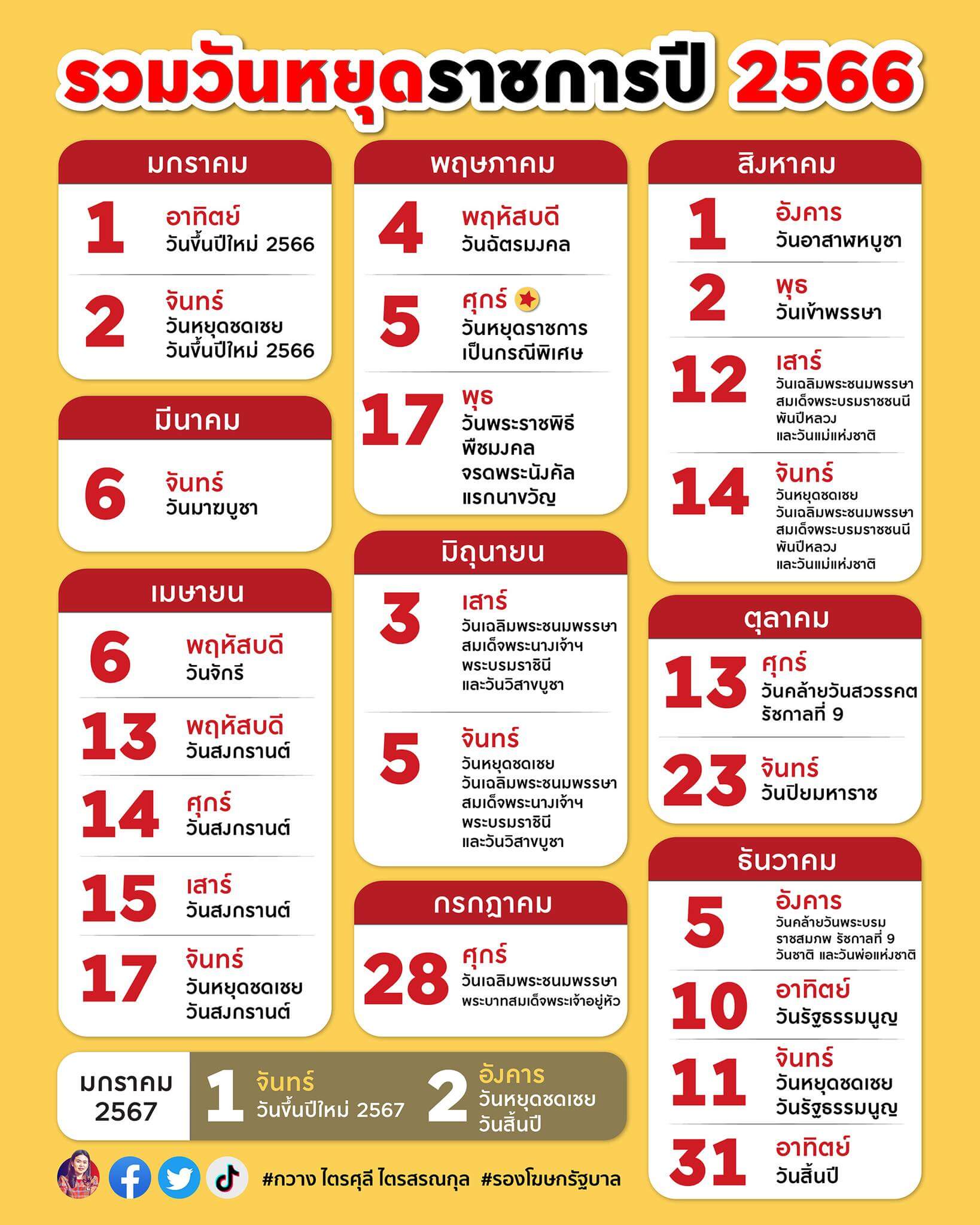ป้ายกำกับ: Religious Ceremony
Religious Ceremonies: A Guide to Understanding Different Traditions
Have you ever wondered about the different ways people celebrate important moments in their lives? From weddings to funerals, religious ceremonies play a vital role in many cultures around the world. These ceremonies are often steeped in tradition and symbolism, offering a unique window into the beliefs and values of different faith groups.
What are Religious Ceremonies?
Religious ceremonies are formal events that are often used to mark significant life events or milestones. They are typically based on specific religious beliefs and practices, and often involve a combination of prayers, readings, rituals, and symbolic actions.
Common Types of Religious Ceremonies:
- Weddings: Celebrates the union of two people in a marriage ceremony, often with a focus on love, commitment, and family.
- Baptism/Christening: Welcomes a newborn into the faith, often involving a symbolic cleansing or anointing.
- Funerals: Marks the passing of a loved one, often with rituals and prayers for the deceased and their family.
- Communion/Eucharist: A ritual that commemorates the last supper of Jesus, where bread and wine symbolize the body and blood of Christ.
- Confirmation: A ceremony where young people affirm their faith and commitment to their religious community.
The Importance of Religious Ceremonies:
Religious ceremonies serve a variety of purposes, including:
- Marking important life events: They provide a formal structure for celebrating milestones and life transitions.
- Strengthening faith: They reinforce religious beliefs and values.
- Connecting with a community: They bring people together and foster a sense of belonging.
- Providing comfort and support: They offer comfort during difficult times and provide a sense of peace and hope.
- Preserving tradition: They help pass down cultural and religious heritage from one generation to the next.
Religious Ceremonies Around the World:
Different religions have their own unique traditions and rituals. For example:
- Christianity: Often involves readings from the Bible, prayers, and hymns.
- Islam: Includes a series of prayers and rituals, such as the recitation of the Quran and the offering of a sermon.
- Buddhism: May involve meditation, chanting, and offerings to the Buddha.
- Hinduism: Celebrates various deities and includes rituals like puja (worship) and offering of food and flowers.
- Judaism: Includes rituals like the Bar Mitzvah (for boys) and Bat Mitzvah (for girls), which mark a coming-of-age.
Understanding Religious Ceremonies:
Learning about different religious ceremonies can help us gain a deeper appreciation for the diversity of human culture and beliefs. It can also help us to better understand the experiences and perspectives of people from different faiths.
Conclusion:
Religious ceremonies are a fascinating aspect of human culture, reflecting the diverse ways in which people express their faith and beliefs. Whether you are interested in your own faith or learning about other traditions, understanding religious ceremonies can broaden your knowledge and appreciation for the world around us.
Secondary Keywords: Religious ceremonies, Buddhist ceremonies, Christian ceremonies, Hindu ceremonies, Islamic ceremonies

